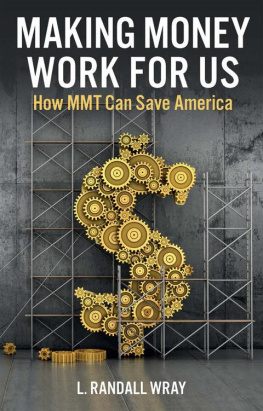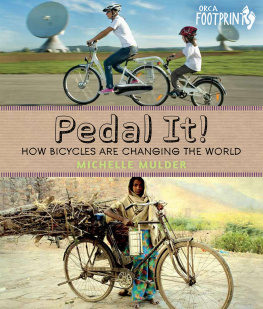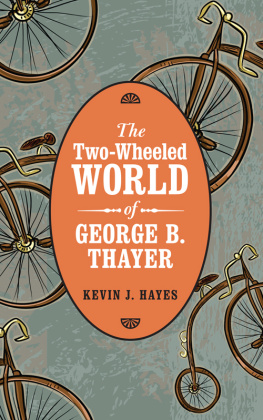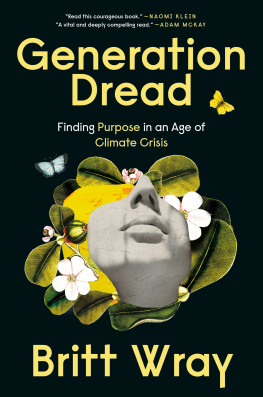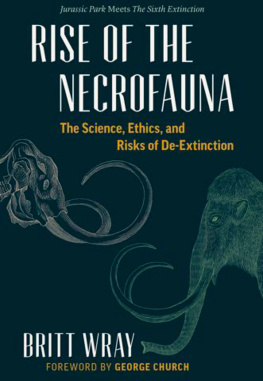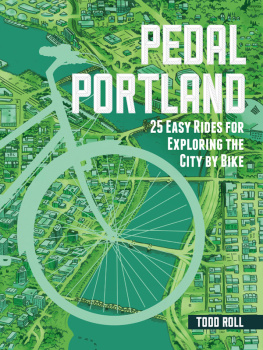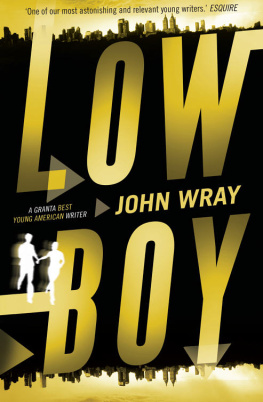J. Harry Wray - Pedal Power: The Quiet Rise of the Bicycle in American Public Life
Here you can read online J. Harry Wray - Pedal Power: The Quiet Rise of the Bicycle in American Public Life full text of the book (entire story) in english for free. Download pdf and epub, get meaning, cover and reviews about this ebook. year: 2008, publisher: Routledge, genre: Politics. Description of the work, (preface) as well as reviews are available. Best literature library LitArk.com created for fans of good reading and offers a wide selection of genres:
Romance novel
Science fiction
Adventure
Detective
Science
History
Home and family
Prose
Art
Politics
Computer
Non-fiction
Religion
Business
Children
Humor
Choose a favorite category and find really read worthwhile books. Enjoy immersion in the world of imagination, feel the emotions of the characters or learn something new for yourself, make an fascinating discovery.
- Book:Pedal Power: The Quiet Rise of the Bicycle in American Public Life
- Author:
- Publisher:Routledge
- Genre:
- Year:2008
- Rating:3 / 5
- Favourites:Add to favourites
- Your mark:
- 60
- 1
- 2
- 3
- 4
- 5
Pedal Power: The Quiet Rise of the Bicycle in American Public Life: summary, description and annotation
We offer to read an annotation, description, summary or preface (depends on what the author of the book "Pedal Power: The Quiet Rise of the Bicycle in American Public Life" wrote himself). If you haven't found the necessary information about the book — write in the comments, we will try to find it.
J. Harry Wray: author's other books
Who wrote Pedal Power: The Quiet Rise of the Bicycle in American Public Life? Find out the surname, the name of the author of the book and a list of all author's works by series.
Pedal Power: The Quiet Rise of the Bicycle in American Public Life — read online for free the complete book (whole text) full work
Below is the text of the book, divided by pages. System saving the place of the last page read, allows you to conveniently read the book "Pedal Power: The Quiet Rise of the Bicycle in American Public Life" online for free, without having to search again every time where you left off. Put a bookmark, and you can go to the page where you finished reading at any time.
Font size:
Interval:
Bookmark:


2 Park Square, Milton Park, Abingdon, Oxon OX14
4RN 711 Third Avenue, New York, NY 10017, USA
Product or corporate names may be trademarks or registered trademarks, and are used only for identification and explanation without intent to infringe.
Pedal power : the quiet rise of the bicycle in American public life / J. Harry Wray.
p. cm
Includes bibliographical references and index.
ISBN 978-1-59451-462-3 (hardcover: alk. paper)ISBN 978-1-59451-463-0 (pbk.:
alk. paper) 1. CyclingPolitical aspectsUnited States. 2. Urban transportation
policyUnited States. 3. Bicycle commutingUnited States. 4. United States
Social life and customs. I. Title.
HE308.W73 2008
388.34720973dc22
ISBN 13: 978-1-594-51463-0 (pbk)


Font size:
Interval:
Bookmark:
Similar books «Pedal Power: The Quiet Rise of the Bicycle in American Public Life»
Look at similar books to Pedal Power: The Quiet Rise of the Bicycle in American Public Life. We have selected literature similar in name and meaning in the hope of providing readers with more options to find new, interesting, not yet read works.
Discussion, reviews of the book Pedal Power: The Quiet Rise of the Bicycle in American Public Life and just readers' own opinions. Leave your comments, write what you think about the work, its meaning or the main characters. Specify what exactly you liked and what you didn't like, and why you think so.

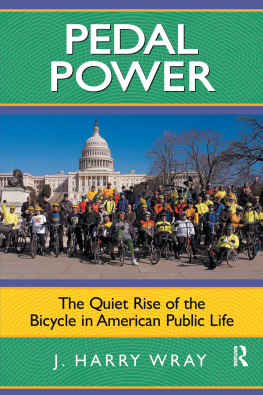

![Syuzan Kejn - Quiet [The Power of Introverts in a World That Can't Stop Talking]](/uploads/posts/book/831856/thumbs/syuzan-kejn-quiet-the-power-of-introverts-in-a.jpg)
